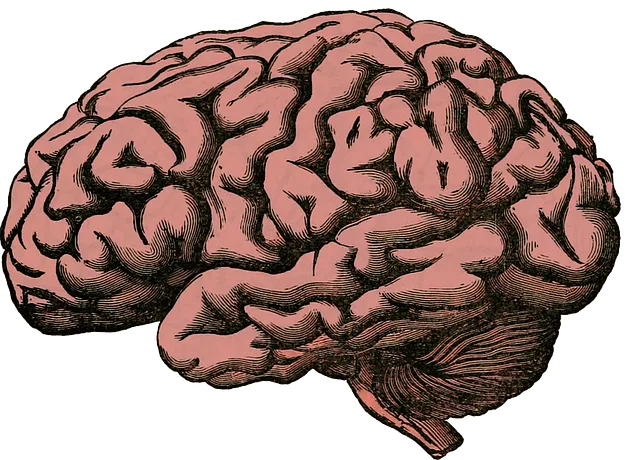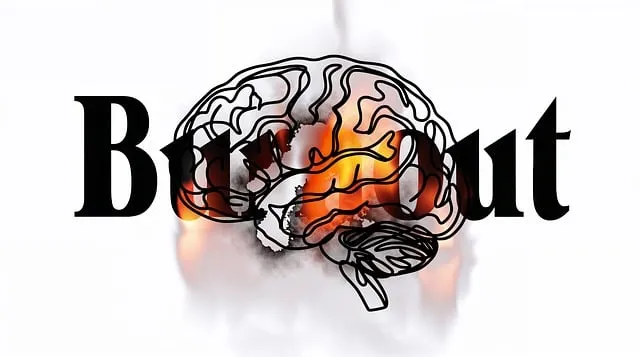Castle Rock Kaiser Permanente mental health facility prioritizes crisis intervention with evidence-based practices, self-awareness exercises, and cultural competency training. They focus on early recognition of red flags, effective communication, deescalation techniques, and holistic care through journaling, mindfulness, gratitude, and burnout prevention for both patients and caregivers, fostering well-being and recovery.
At Castle Rock Kaiser Permanente, crisis intervention plays a vital role in supporting mentally ill individuals. This comprehensive guide delves into essential strategies for navigating crises effectively. From recognizing red flags and triggers specific to mentally ill patients to evidence-based deescalation techniques, each step is crucial in building trust and fostering recovery. Additionally, post-intervention support mechanisms are explored, emphasizing resilience and long-term wellness within the context of Castle Rock Kaiser Permanente’s renowned mental health facility.
- Understanding Crisis Intervention at Castle Rock Kaiser Permanente
- Mentally Ill Individuals: Recognizing Red Flags and Triggers
- Effective Communication: Building Trust with Patients in Crisis
- Evidence-Based Strategies for Deescalation Techniques
- Post-Intervention Support: Fostering Recovery and Resiliency
Understanding Crisis Intervention at Castle Rock Kaiser Permanente

At Castle Rock Kaiser Permanente, crisis intervention is a cornerstone of our mental health services. Our dedicated team recognizes that during moments of intense emotional distress, individuals require swift and tailored support to navigate their challenges effectively. We offer comprehensive guidance that not only addresses the immediate crisis but also focuses on building long-term resilience.
Through a combination of evidence-based practices, self-awareness exercises, and inner strength development techniques, we empower patients to cope with traumatic events or sudden life changes. Our healthcare provider cultural competency training ensures we meet each individual’s unique needs, respecting their background and perspectives while offering compassionate care. This holistic approach enables our Castle Rock Kaiser Permanente mental health facility to provide transformative support that goes beyond crisis resolution, fostering a sense of well-being and empowerment among those who seek our assistance.
Mentally Ill Individuals: Recognizing Red Flags and Triggers

Recognizing red flags and triggers is a critical aspect of crisis intervention strategies, especially when supporting individuals with mental illness. At Castle Rock Kaiser Permanente, our mental health facility emphasizes the importance of early identification to mitigate potential crises. Red flags might include sudden changes in behavior, extreme mood swings, or persistent thoughts of self-harm or suicide. These signs often warrant immediate attention, prompting a thorough risk assessment for mental health professionals.
Through our Community Outreach Program Implementation, we promote self-awareness exercises that help both individuals and their support networks recognize these warning signs. By fostering open conversations about mental health struggles, we create an environment where people feel comfortable seeking help before crises escalate. This proactive approach aligns with our commitment to providing comprehensive care tailored to each patient’s unique needs.
Effective Communication: Building Trust with Patients in Crisis

At Castle Rock Kaiser Permanente mental health facility, fostering effective communication is a cornerstone of crisis intervention. Building trust with patients in crisis necessitates active listening, empathy, and clear, straightforward language. Healthcare providers must create a safe and non-judgmental environment, allowing individuals to express their feelings openly. By utilizing Mind Over Matter Principles, such as validating emotions and reframing negative thoughts, practitioners can help patients see beyond their immediate distress. This approach not only enhances the patient’s sense of safety but also encourages them to engage in the healing process.
Healthcare Provider Cultural Competency Training is invaluable in this context, enabling staff to understand and respect diverse perspectives and communication styles. In a multicultural society, it’s crucial for providers to adapt their communication strategies to suit individual needs, ensuring every patient feels heard and understood. Incorporating Positive Thinking techniques into crisis interventions can also be beneficial, as optimistic messaging can counteract the overwhelming nature of a crisis, promoting resilience and hopefulness among patients.
Evidence-Based Strategies for Deescalation Techniques

In the realm of crisis intervention, evidence-based strategies are paramount to effectively deescalating situations at mental health facilities like Castle Rock Kaiser Permanente. One such strategy is applying deescalation techniques that have been scientifically proven to reduce tension and promote calmness. These include active listening, where professionals attentively hear and validate the individual’s feelings, thus fostering a sense of understanding and security. Additionally, using clear and non-judgmental communication helps to build trust and encourage open expression.
Another evidence-based approach is incorporating mood management techniques as part of Self-Care Routine Development for Better Mental Health. This involves teaching individuals strategies to recognize and regulate their emotions. Techniques such as deep breathing exercises, mindfulness practices, and cognitive reframing enable folks to navigate crises more effectively while emphasizing the importance of ongoing mental health Policy Analysis and Advocacy to ensure accessible and quality care across facilities like Castle Rock Kaiser Permanente.
Post-Intervention Support: Fostering Recovery and Resiliency

After a crisis intervention at Castle Rock Kaiser Permanente mental health facility, providing ongoing support is vital to aid individuals in their recovery journey. This phase extends beyond immediate assistance, focusing on building resilience and promoting long-term mental wellness. The Mental Wellness Journaling Exercise Guidance can be a powerful tool; encouraging clients to reflect and document their emotions, thoughts, and experiences enables them to process traumatic events and gain insights into their coping mechanisms.
Incorporating Positive Thinking strategies as part of post-intervention care helps individuals cultivate a more optimistic outlook. This can include mindfulness practices, gratitude exercises, and cognitive reframing techniques taught by healthcare professionals. Additionally, Burnout Prevention Strategies for Healthcare Providers should be implemented to ensure that both the caregivers and those they support maintain their well-being throughout the recovery process.






